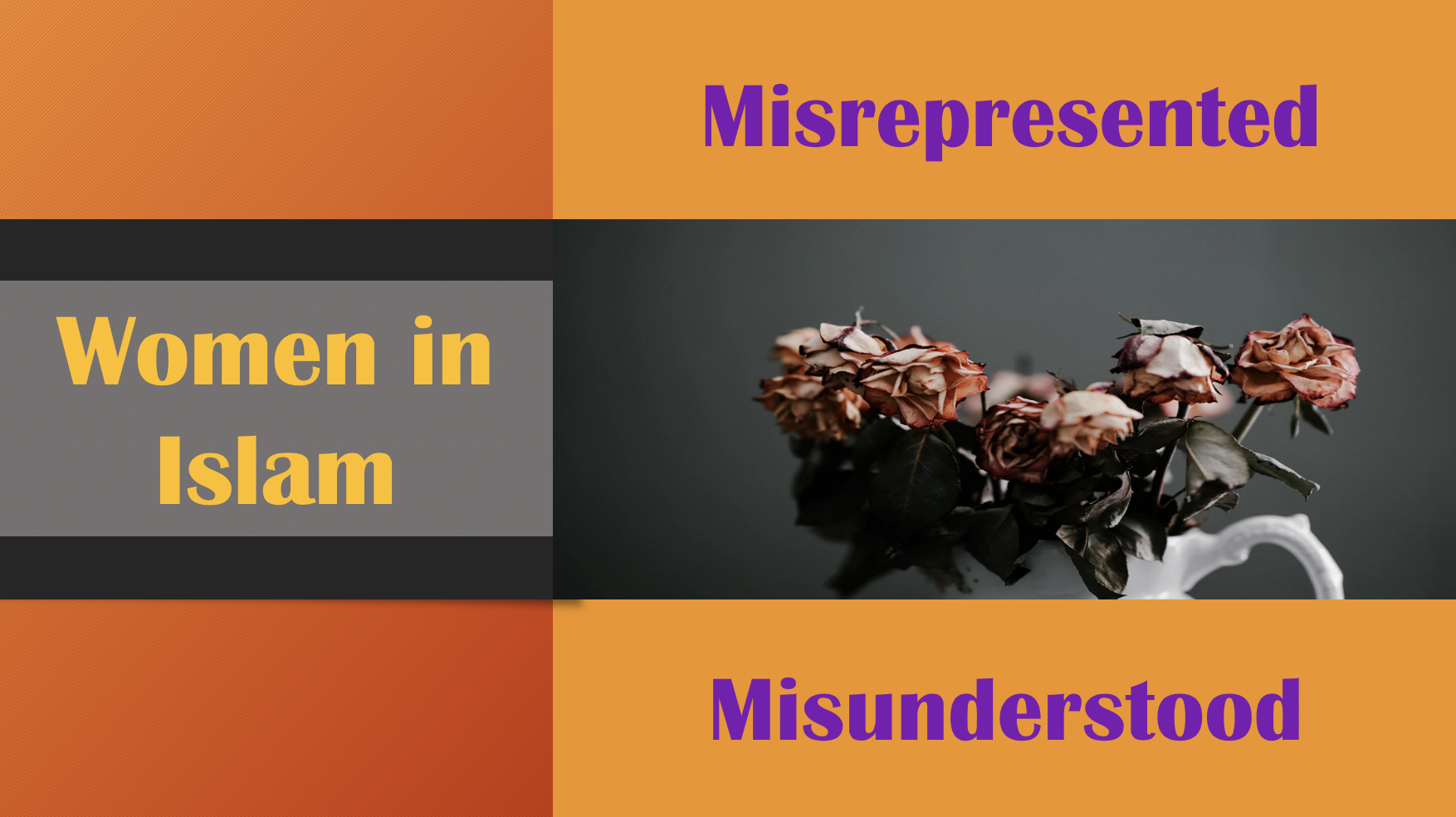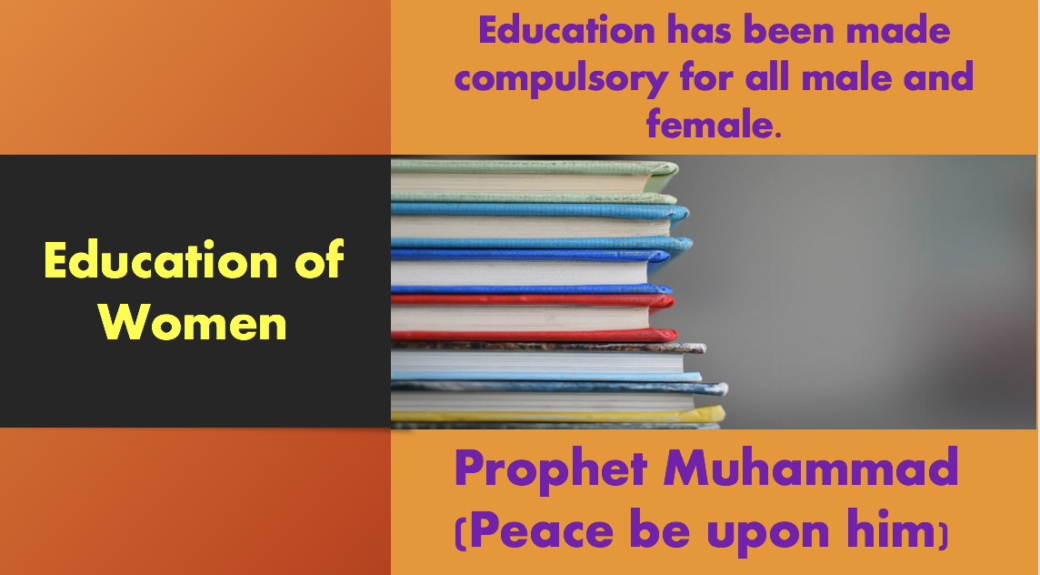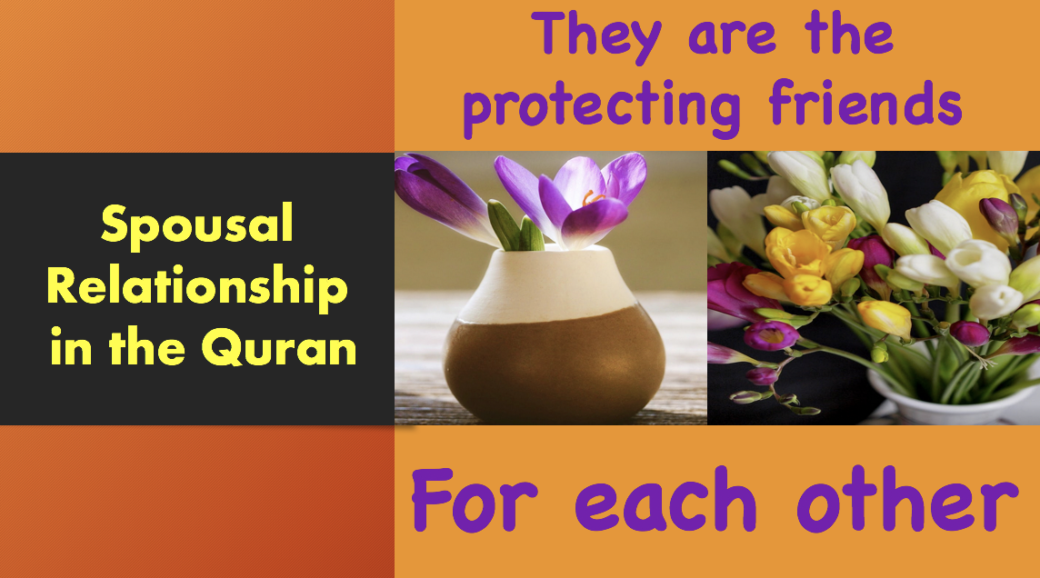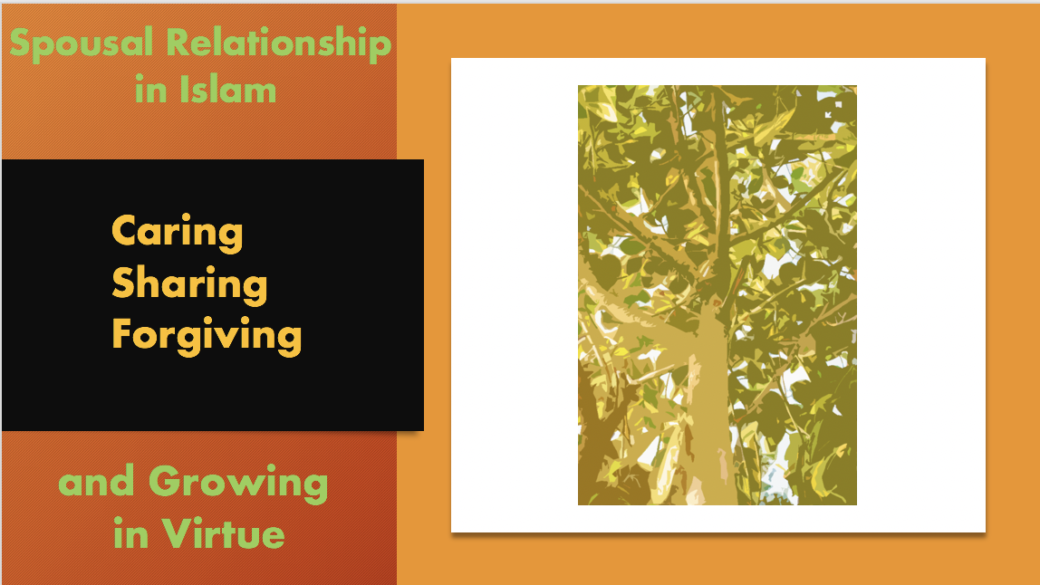
A relation of equity and respect
The relationship between men and women is based on equity, kindness, protection, love, and mutual inclusion. The Quranic commandments and the Prophetic (PBUH) practices are clear affirmations of the male-female relationship, as drawn in the above statement. The sad reality is that Muslims are falling short of keeping the relationship up to that standard in many communities. Consequently, the issue has been a source of ill-bred discussion for Muslims. Someone might ask: what are the myths and the realities of women in Islam?
It is not just the perception
The perception that Muslim societies have a biased attitude towards their women is not flattering. The visual impression of a man whipping a burqa-clad woman in Afghanistan’s streets does not help this image. It is a fact that in many Muslim countries, women are significantly lagging in education from the rest of the world. Sadly, this is occurring while Islam requires both men and women to seek knowledge. Pew Research center publication suggests that the limiting factors in educating Muslim women are their poor economic conditions, not religion. Unfortunately, if an individual Muslim does something reprehensible, Islam and the rest of the Muslim world are condemned. The mainstream media worldwide perpetuates this perception of guilt by association, and the blame goes to 1.7 billion Muslims. https://www.pewresearch.org/fact-tank/2018/06/12/education-of-muslim-women-is-limited-by-economic-conditions-not-religion/

Islam changed the concept of marriage in seventh-century Arabia
The Quran was revealed to the seventh-century patriarchal Arabian society when women were seen as objects to be owned. Female infanticide was in rampant practice. Female literacy was near zero. Women, in general, were tied with domestic responsibilities, including carrying babies and raising children. Men were the absolute monarchs of the family. The concept of marriage was one of ownership. The Quran revolutionized the relationship between marriage and took away the concept of ownership. It urged that the relationship of marriage should be based on mutual love and kindness. It condemned and abolished the practice of female infanticide.
“Quran 30:21 “…. Another of His signs is that He created spouses from among yourselves for you to live within tranquillity: He ordained love and kindness between you. There truly are signs in this for those who reflect… ”
Islam prohibited forced ownership of women
The Quran warns men not to marry women against their will. In seventh-century Arabia, if a husband died, his legal heirs would inherit the wife. They would keep her as a prisoner. They would not let her go unless she abandoned claims to her property in their favor. If they wanted, they would marry her against her will. The Quran abolished this horrific practice.
“Quran 4:19 “..O you who believe! It is not permitted for you to inherit women against their will….”

A Poetic Metaphor: You Are The Garments for each other
The object outside of our own body that comes closest to our being is our garments. This is the analogy the Quran has adopted to describe the relationship between the spouses: a source of mutual protection, beautification, comfort, and warmth. In the Quran, women and men are equal in spirituality. They are equal recipients of God’s forgiveness and rewards (Quran 33: 35, 3:195). Men and women are seen as allies of each other and are equitable.
“Quran 2:187 “… They are as a garment for you, and you are as a garment for them…”
Quran 9:71 “…And the believers, men, and women, are protecting friends of one of another;”

Care, share, and overlook the shortcomings
Sharing and forgiving each other is the foundation of a sound relationship. The Quran urges men to provide a livelihood for their wives, be kind to them, and overlook their shortcomings. If a man finds something of disliking in his wife, the Quran suggests that the man should realize that he may dislike someone that Allah has blessed with much goodness.
“Quran 4:19 “..O you who believe! It is not permitted for you to inherit women against their will. And do not coerce them to take away some of what you had given them unless they commit a proven adultery. And live with them in kindness. If you dislike them, it may be that you dislike something in which God has placed much good.”
Answering more questions on Women in Islam: Index
- Does a female witness merit half the male witness? Discussion on male and female witnesses in the Quran. Follow the link: https://qpeace.net/?p=314
- Is it fair that men get double the women’s share of the inheritance? How Does Islam Empower Women? Follow the link: https://qpeace.net/?p=5034
- Myths About the Status of Women in Islam. Follow the link: https://qpeace.net/?p=4064

2 Trackbacks / Pingbacks